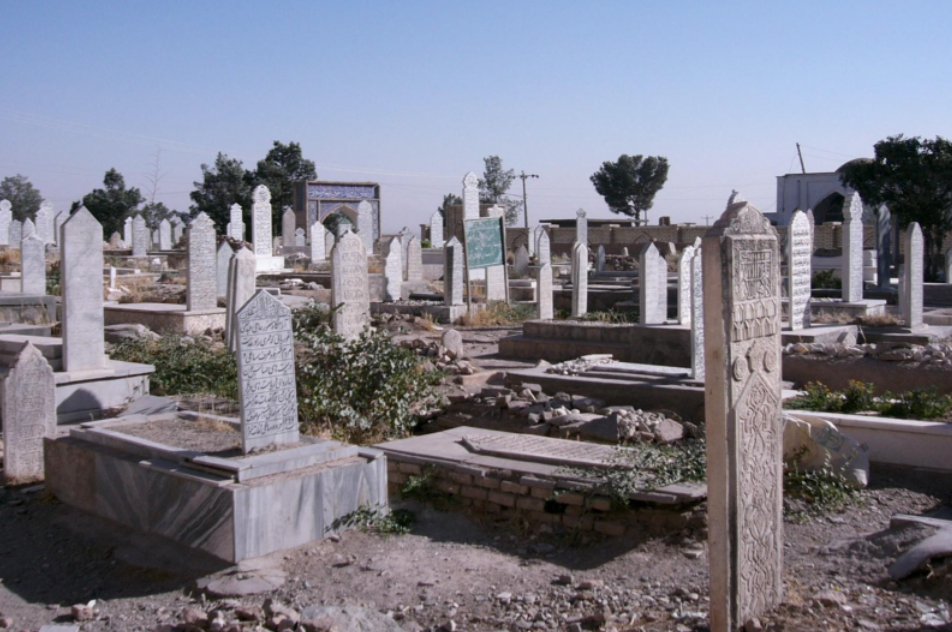The people of Afghanistan have suffered war and violence since 1979. The toll is almost unimaginable. Data from the independent Afghanistan Human Rights Commission reported over a million people killed and 1.3 million injured or disabled. An estimated one million people are missing or disappeared.
The Commission reports evidence of at least 180 mass graves throughout the country and of systematic slaughter by the Taliban, the US, and various militias.
Physicians for Human Rights has been documenting Afghan gravesites since 1997.
In 2012, the UN and Physicians for Human Rights helped to establish the Afghanistan Forensic Science Organization (AFSO). This entity is the first non-governmental forensic science organization in the country. Its mission is to document and protect the integrity of mass gravesites in various provinces. The UN Assistance Mission in Afghanistan (UNAMA) has pledged security and assistance in this effort.
Amnesty International reported on August 19, 2021 that the Taliban brutally killed nine ethnic Hazara men in Afghanistan’s Ghazni province. Their bodies, and many others from a two-day killing spree, were dumped into a creek, according to surviving eyewitnesses.
Torture and murder in the context of an armed conflict are violations of the Geneva Conventions and constitute war crimes under the Rome Statute of the International Criminal Court. The Court has opened an investigation into crimes perpetrated by the Taliban in relation to the conflict in Afghanistan.
But the tragedy of missing and disappeared persons is not only a crime; it is a devastating loss to the suffering families. In the aftermath of the war in former Yugoslavia, President Bill Clinton established the International Commission on Missing Persons in 1996. The initial mandate was to account for the approximately 40,000 people missing as a result of the fighting from 1991 to 1995.
Today, ICMP works with governments, civil society organizations, justice institutions, and international entities throughout the world to address the issues of people who are missing because of armed conflict, human rights abuses, and other atrocities.
In 2019, Afghanistan joined ICMP as a new State Party, becoming the eighth country in addition to Chile, Cyprus, Luxembourg, Serbia, Sweden, the Netherlands, the UK, and the signatory states of Belgium and El Salvador.




